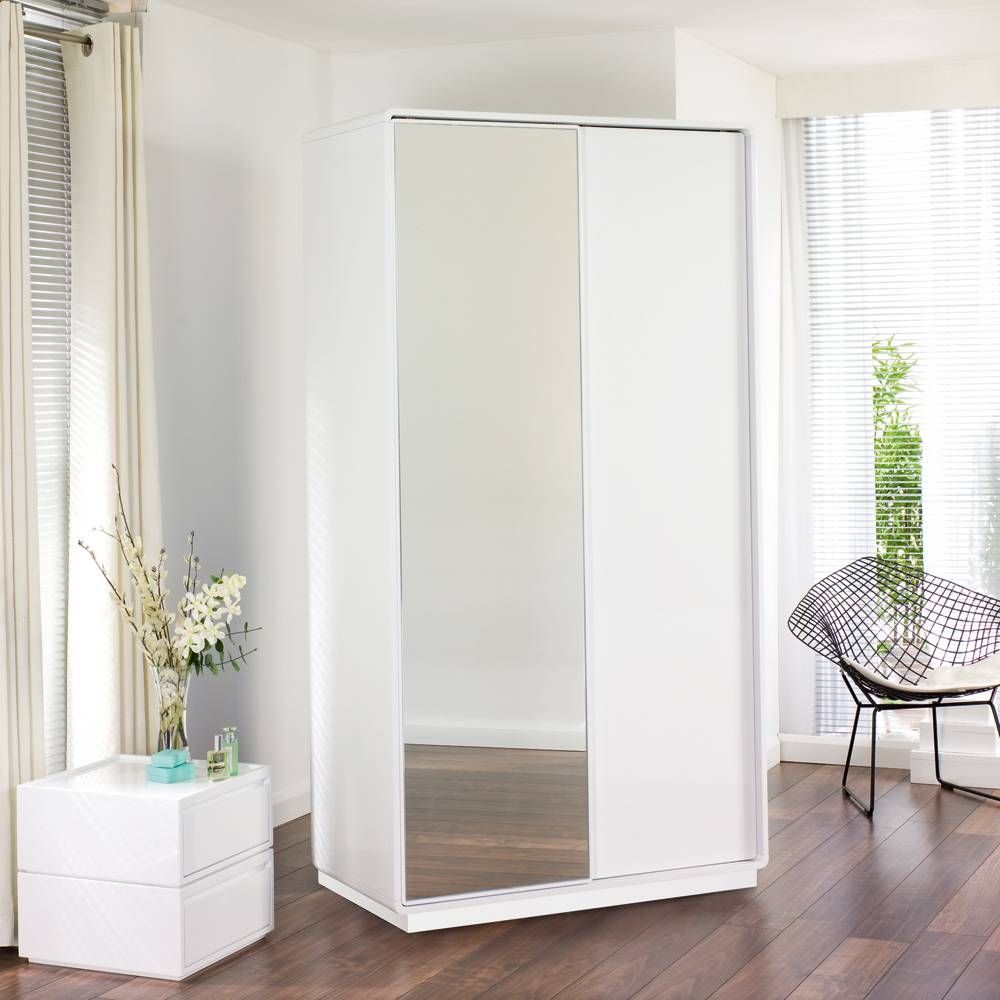Getting The "How to Maximize Space in Your Wardrobe: Organization Tips and Tricks" To Work

The Psychology of Outfit: How Our Wardrobes Impact Our Mood and Confidence
Have you ever before saw how your state of mind may move relying on what you're using? Or how a specific clothing can create you really feel much more certain and inspired? The means we suit up has a profound impact on our emotional well-being, affecting not merely our state of mind but also our self-perception and behavior. This sensation is understood as the psychology of outfit, and understanding it may aid us use the electrical power of apparel to boost our overall well-being.
Clothes is an necessary component of our identity; it is one of the 1st points folks observe concerning us. When we put on an clothing, we are not merely dealing with our body systems; we are creating a declaration regarding who we are, what we value, and how we want to be viewed by others. This process of self-expression via clothes plays a notable duty in forming our state of mind.

Several studies have shown that what we use may directly affect our psychological condition. For case, wearing brilliant shades such as yellowish or reddish has been located to enhance emotions of joy and positive outlook. These vibrant hues activate good emotions in both the wearer and those around them. On the various other palm, wearing dark colours like dark or grey may conjure sensations of sadness or somber.
Similarly, the texture and material of our garments also influence how we really feel. Putting on wardrobes and comfortable fabrics such as cotton or wool can easily create a sense of leisure and simplicity, marketing feelings of peacefulness. In comparison, tight or selective materials like rayon may lead to distress or depression.
Beyond determining mood, dressing also impacts our peace of mind degrees. The clothing we choose to put on possess the electrical power to modify not just how others perceive us but also how we recognize ourselves. Investigation has consistently revealed that putting on formal attire can easily boost emotions of authority, experience, and self-assurance. This sensation is frequently recommended to as "enclothed knowledge," where clothing influence our cognitive processes and actions.
When we suit up in a means that lines up with our objectives or the image we really want to forecast, we experience a increase in confidence. For instance, putting on a qualified fit to a task meeting can easily help make us feel a lot more ready and competent, raising our probability of results. In a similar way, putting on sports clothing might encourage us to be much more active and motivated in the course of physical exercise.
In addition, clothing in clothing that flatter our body system form and highlight our ideal function may dramatically impact our self-esteem. When we feel pleasant and certain in what we're putting on, it allows us to totally take advantage of and cherish ourselves. Conversely, ill-fitting or unflattering apparel can easily lead to self-consciousness and damaging body system image.
It's essential to keep in mind that the psychology of gown is strongly individual; what works for one person may not work for another. Individual preferences, cultural influences, and societal rules all participate in a duty in molding how clothing has an effect on our mood and confidence. What matters very most is finding the garments that creates us experience genuine, comfortable, and enabled.
In conclusion, the psychology of outfit shows the effective influence clothing has on our state of mind and assurance. The shades we opt for, the textiles we put on, and how properly an clothing straightens with our self-perception all add to forming our emotional condition. Through understanding this relationship between garments and psychology, we may utilize the electrical power of outfit to improve not merely how others perceive us but additionally how we perceive ourselves. Therefore following time you get suited up each morning, think about how your closet options may influence your day in advance – because what you put on genuinely issues.
Word count: 543
